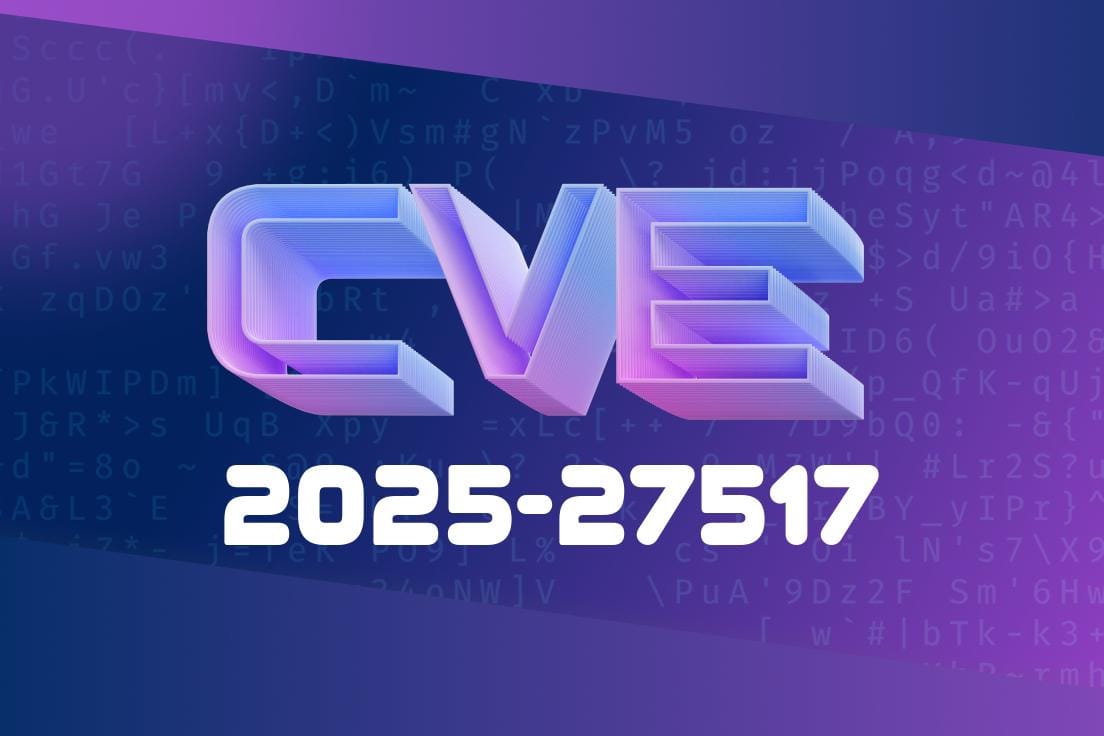CVE-2025-27517 uncovers a critical vulnerability in Volt, the popular functional API package tightly integrated with Livewire for Laravel. This vulnerability, found in Volt versions before 1.7., lets attackers execute arbitrary code on your server simply by sending specially-designed requests. In this article, we'll break down what happened, show code snippets, walk through the exploit, and help you protect your apps immediately.
What is Volt?
Volt is a functional API for authoring Livewire components in Laravel applications. Instead of traditional class-based components, developers can define component logic as simple PHP functions. It's elegant, concise, and widely used.
But: if your app accepts user input, be aware — a flaw in Volt's request handling could let malicious users run any code they want on your server.
About the CVE: What Went Wrong?
Prior to version 1.7., Volt did not properly sanitize or validate incoming payload data for Volt components. This allowed attackers to send payloads that would be dangerously evaluated or deserialized, allowing for Remote Code Execution (RCE).
References
- Package Advisory (placeholder, reference original once published)
- Volt on GitHub
- Livewire’s Official Documentation
How Volt Handles Data
When a Livewire + Volt component receives a request, it trusts user data sent from the frontend.
Before Patch (Vulnerable)
// routes/web.php
use function Livewire\Volt\component;
component('dangerous', function () {
// Internally, Volt would unserialize request payload
$payload = request()->input('payload');
// Insecure: No validation or sanitation!
eval($payload); // BAD! This is where attacker code runs
});
The Problem: If an attacker sends a POST request with payload=phpinfo();, Volt would execute it. That’s how easy it is for someone to take over your server.
Realistic Exploit
POST /dangerous
Content-Type: application/x-www-form-urlencoded
payload=system('ls /');
Result: Server lists all files in its root directory. Change the payload, and an attacker could download files, create users, or open remote shells.
How Did They Fix It?
Starting in Volt 1.7., incoming data gets strictly sanitized and never directly evaluated.
After Patch (1.7.+) Example
use function Livewire\Volt\component;
component('safe', function () {
$payload = request()->input('payload');
// Good practice: never eval user input.
// Parse or use safely, for example:
$payload = strip_tags($payload); // Just an example, be stricter in real apps.
// Do not run eval/system/etc!
});
Upgrade your Volt package now
composer update livewire/volt
`bash
composer require livewire/volt:^1.7.
Conclusion
CVE-2025-27517 is a golden example of why you should always validate user input and keep packages updated. Remote Code Execution vulnerabilities can be devastating—patch immediately and audit your code.
Further Reading
- Volt Official Website
- Livewire Components
- How RCE Vulnerabilities Work
- Latest Volt Releases
Timeline
Published on: 03/05/2025 19:11:38 UTC
Last modified on: 03/05/2025 20:16:05 UTC
